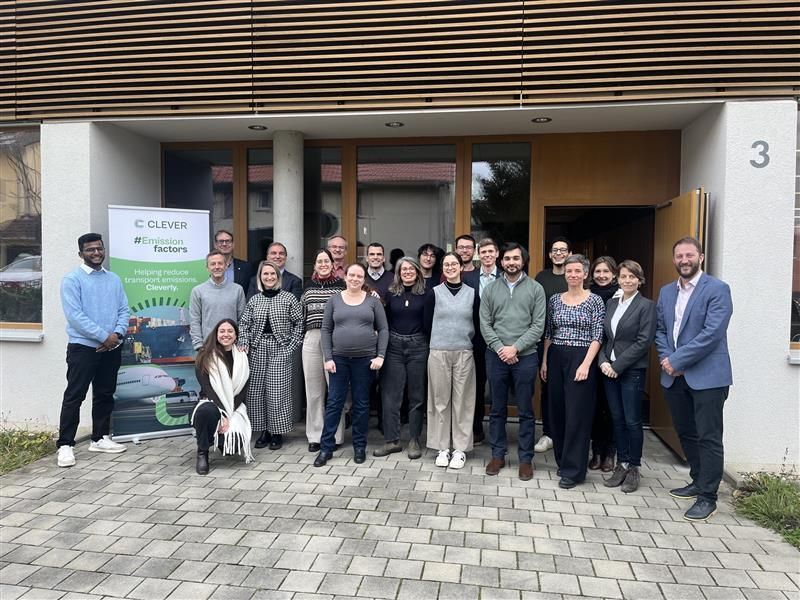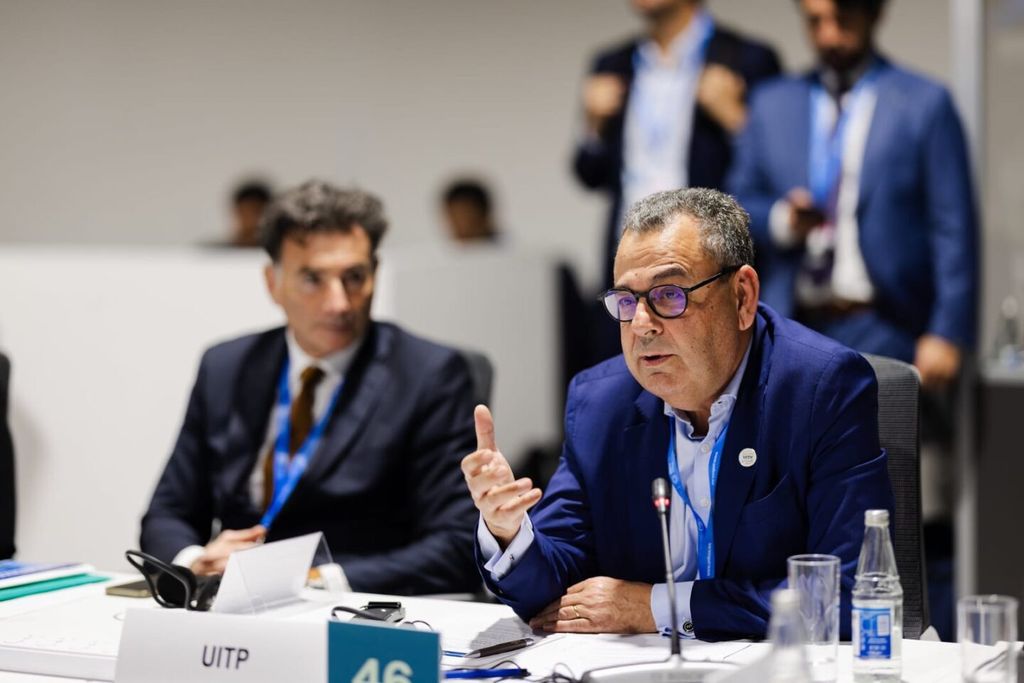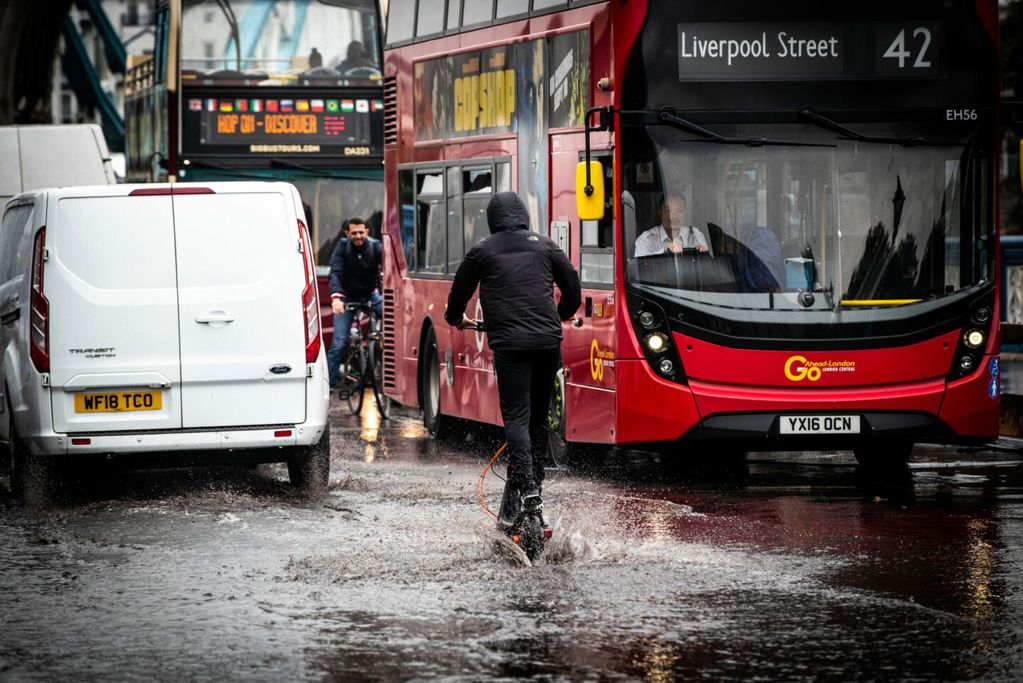
A smooth ride to renewable energy: UITP collaborates with REN21 as COP26 begins
For COP26
With COP26 now upon us, UITP is stepping up our collaborations with external partners and stakeholders ahead of our time on the ground in Glasgow.
It’s important to keep making the relevant connections that will help to advance public transport, providing better urban living for everyone.
With this in mind, UITP is pleased to collaborate on a new Policy Brief with REN21, the multi-stakeholder governance group focused on renewable energy policy.
We know that we must address emissions in order to bring our cities cleaner air and make them more liveable for all of us.
We also that public transport is a solution to achieving carbon neutrality and net zero goals.
Our dedicated Sustainable Development Committee works to advance UITP’s sustainability goals across public transport, bringing new connections to us on important topics such as this.
If we make the crucial link between renewable energy and public transport then we can address climate change even quicker.
But why has this connection been relatively ignored so far?
Associations such as UITP and REN21 collaborate to help both the public transport and renewable energy sectors understand levers of behavioural change and the impact of new technologies, providing critical platforms to exchange best practices and the necessary debate. With this new Policy Brief, we are showing a way forward during the important climate gathering at COP26.
To reduce emissions
The recovery from the Covid-19 crisis offers a unique chance to combine economic development with shifting mobility behaviour and scaling up low-carbon technologies.
Affordable, accessible and safe public transport is a fundamental solution to dramatically reduce emissions.
By powering public transport with renewable energy, countries and municipalities can make serious contributions to address climate change, while improving local air quality and public health.
Many solutions exist to shift public transport to rely on renewable energy and in many cases is ready to be implemented.
This new joint Policy Brief tackles these points head on with case studies and key actions throughout.
The technology for renewable energy in public transport is available, so some of the main barriers can be more political, financial, and institutional.
COP26 presents a perfect opportunity for greater collaboration, experience and exchange for the renewable energy and public transport sectors.
Advancing renewables in public transport: A new UITP and REN21 Policy Brief
UITP at COP26: climate action with public transport









